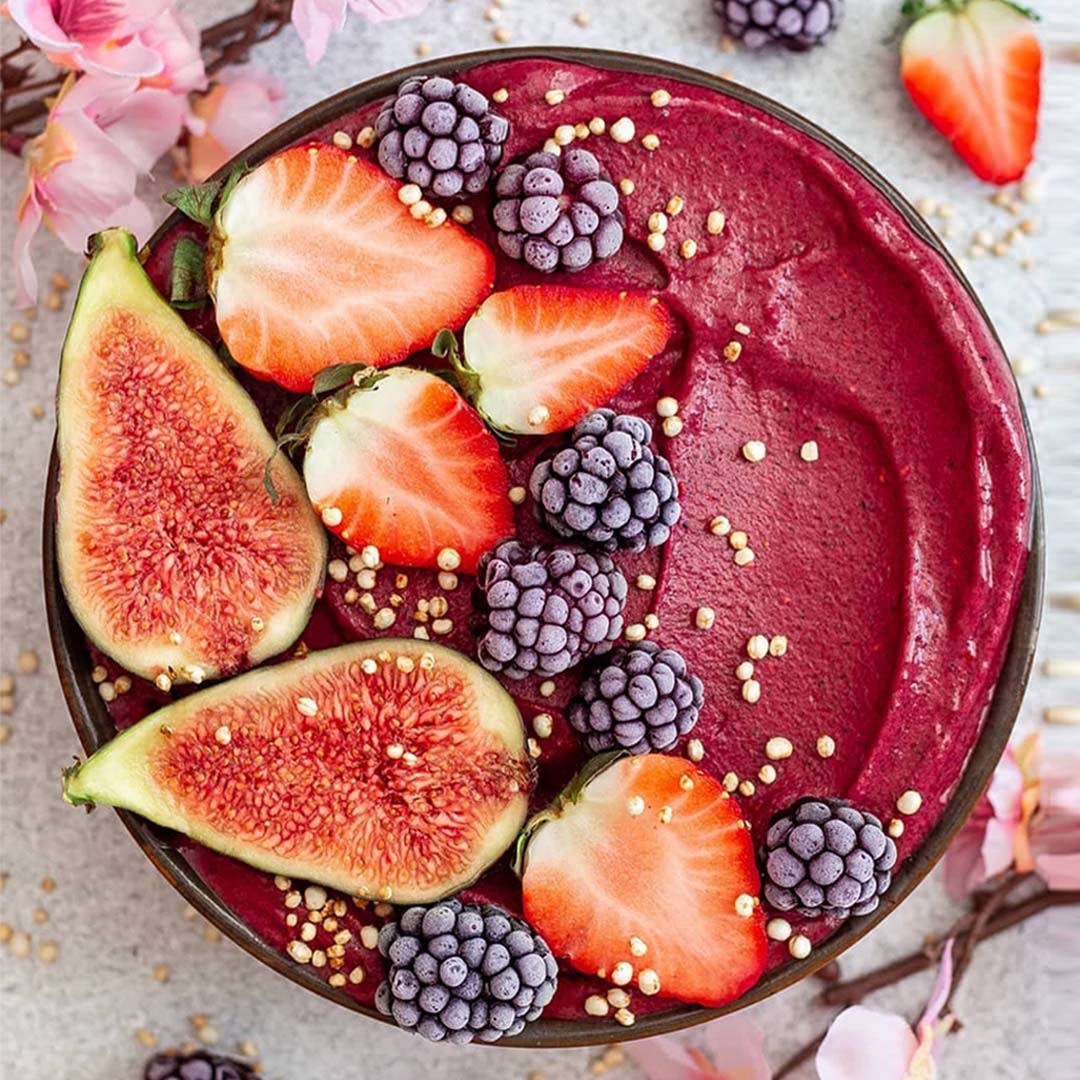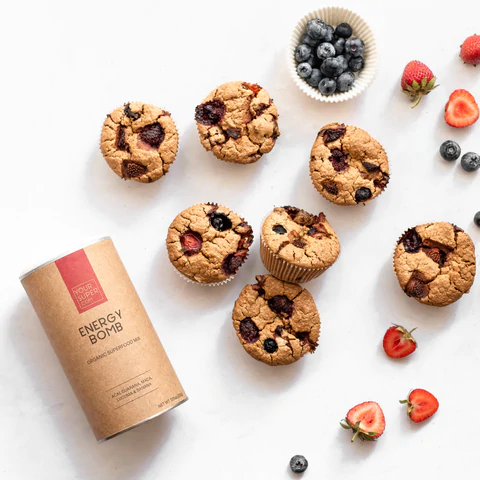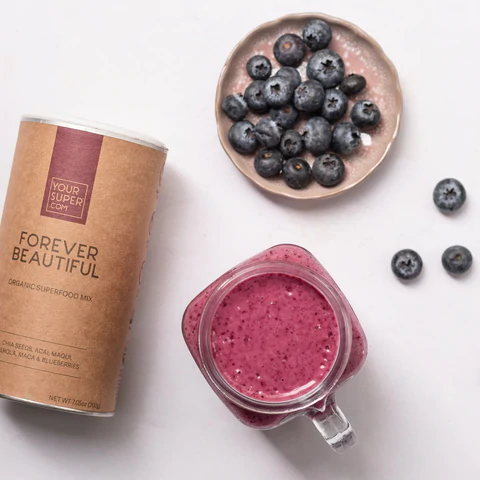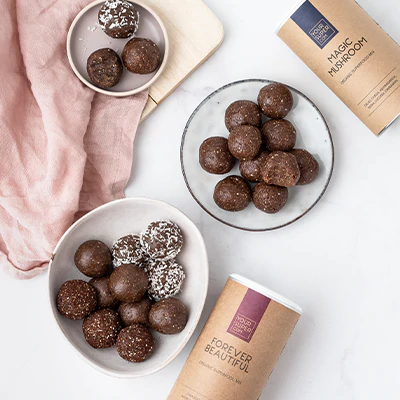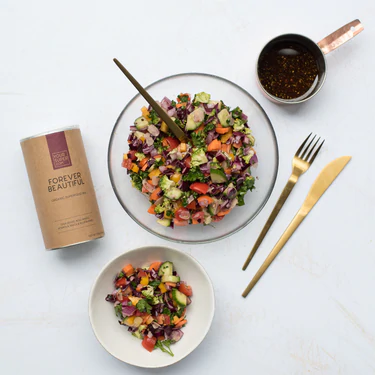Life is just a bowl of cherries. But the cherries in my bowl aren’t bing or Rainier cherries. Nope, my bowl is filled with acerola cherries.
What’s an acerola cherry? While it may look similar to the ones you find in cherry pie, this cherry isn’t even a real cherry.
So what makes an acerola cherry special? And why would you want to add it to your diet? Here’s the sweet (but tart) truth about this deceptive fruit.
What is an acerola cherry?
Unlike its distant cousins, acerola (pronounced oz-uh-row-la) cherries grow on a shrub that belongs to the Malpighiaceae plant family. Instead of pits, it contains edible seeds, making it more closely related to berries.
Like the acai berry, acerola is full of potent antioxidants known as anthocyanins which gives the superfruit its bright red color.
What does an acerola cherry taste like? It has a sweet but sharp taste, which is why it’s commonly used in syrups, jams and juices.
Acerola cherry: a powerful source of vitamin
Baobab isn’t the only superfruit known for it’s high vitamin C content! Acerola’s primary superpower is its high vitamin C content.
In a 2011 study published in “Food Chemistry,” scientists compared vitamin C content in various fruits. The winner? The acerola cherry, especially when grown organically — like the organic acerola found in our Forever Beautiful mix!
So how much vitamin C do acerola cherries contain? One cup of acerola cherries packs 1,700mg of vitamin C. You’d have to eat 16 cups of oranges to get that amount!
To put it in perspective, the recommended daily value of vitamin C for women is 75mg and 90mg for men. While you’d have to eat 1 cup of oranges to meet the RDV, you can get the same amount from just 3 acerola cherries.
Why the big fuss over vitamin C? Vitamin C is an essential micronutrient; the body doesn’t produce it on its own. That means you have to get it from your diet.
The best source of vitamin C is from fruits and vegetables, but most people turn to supplements. While supplements may help prevent deficiencies, they often contain synthetic ingredients which are usually derived from GMO corn.
Another reason why getting your vitamin C is better from whole foods: absorption! In fact, the vitamin C in acerola is better absorbed by human beings than synthetic ascorbic acid.
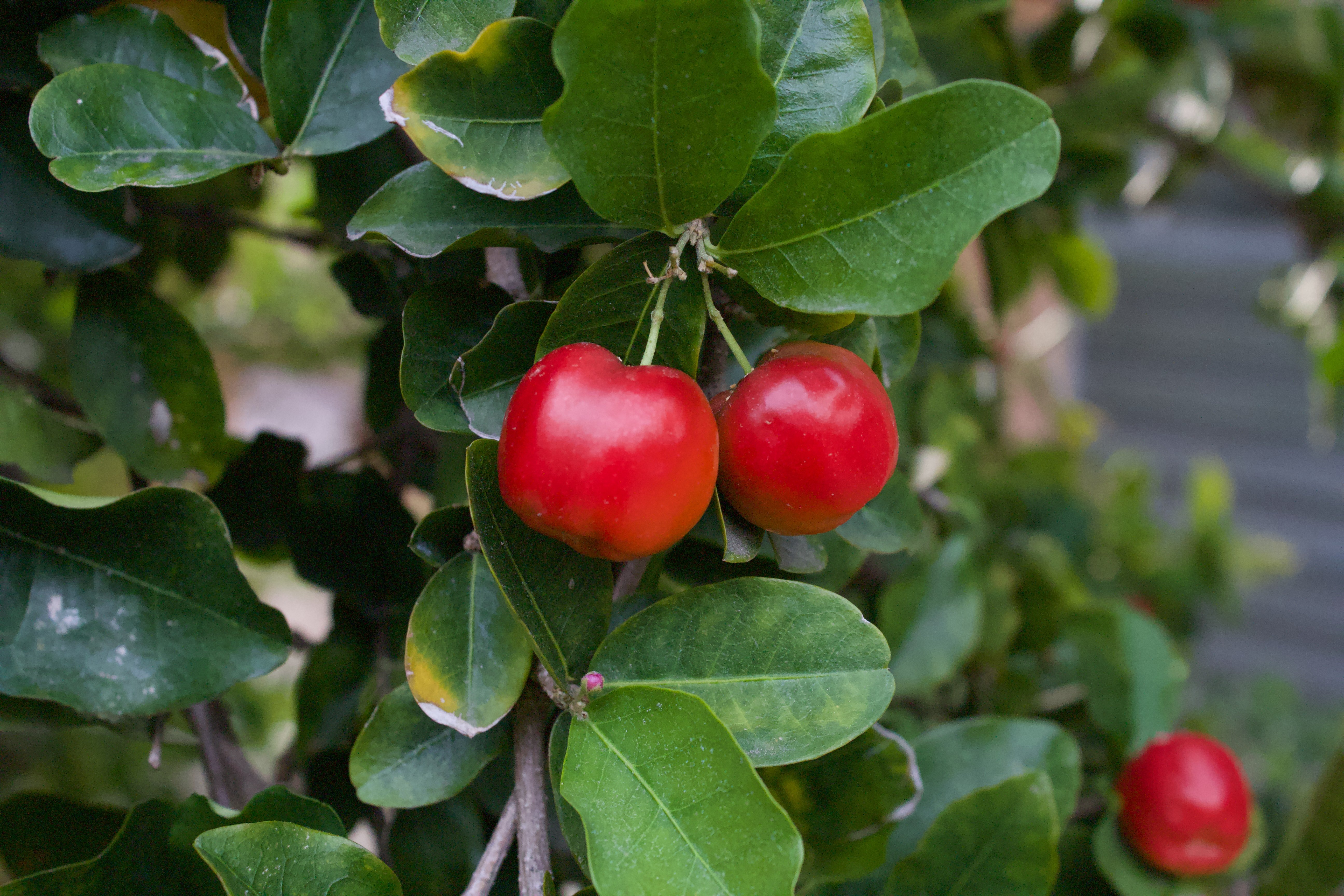
Top 3 benefits of the acerola cherry
Thanks to its high amounts of vitamin C and other essential vitamins and minerals, this tropical fruit has a wide range of health benefits.
1. It may boost your immune system
As I mentioned before, acerola contains an abundant amount of vitamin C, which is why it’s used to help combat the common cold, flu and Scurvy.
Multiple studies show a direct link between consuming whole foods high in vitamin C and having a strong immune system. This is due to the fact that vitamin C encourages the production of white blood cells, known as lymphocytes and phagocytes. These cells help protect your body against certain infections and viruses.
Because of this, vitamin C consumption has been shown to reduce the longevity of colds by anywhere from 5% to 21%. In older people who required hospitalization for severe cold symptoms, even a dose of 200 mg of vitamin C was shown to reduce the clinical severity of the illness.
2. They are good for your brain
In need of a brain boost? Acerola cherries can help!
Thanks to its high levels of anthocyanins, these berries can improve the function of brain receptors and help protect against memory loss and other cognitive disorders.
Due to its high level of antioxidants, acerola can also reduce inflammation and oxidative stress that cause damage to brain cells and neurons.
Though clinical trials are still scarce, plant-derived antioxidants offer promising evidence in slowing down progression of neurodegenerative disorders such as Alzheimer's disease, Parkinson's disease and Huntington's disease.
3. They are great for your skin
If your skin is looking dull, dry or irritated – acerola may be the answer!
Vitamin C which is not only vital for your body, but also the health of your skin. Whether applied topically or consumed, vitamin C can reduce redness and even skin tone because of its anti-inflammatory properties.
Younger skin contains high concentrations of vitamin C, but as we age those concentrations deplete causing a loss in elastin and collagen. This results in fine lines and wrinkles. Luckily, vitamin C has been shown to boost collagen production and even reverse the damage of aged skin.
Acerola can also provide deep hydration, because it decreases transepidermal water loss, allowing your skin to better retain moisture.
Another vitamin that promotes skin health is vitamin A, which can also be found in acerola cherries. Researchers from Brown University found that people whose diets included high levels of vitamin A had a 17% reduction in risk for getting squamous cell carcinoma – the second most common form of skin cancer – compared to those who ate low amounts of foods and supplements rich in vitamin A.
The team also found that the majority of vitamin A came from the participants' diets, particularly from fruits and vegetables, rather than from animal-based foods or vitamin supplements.
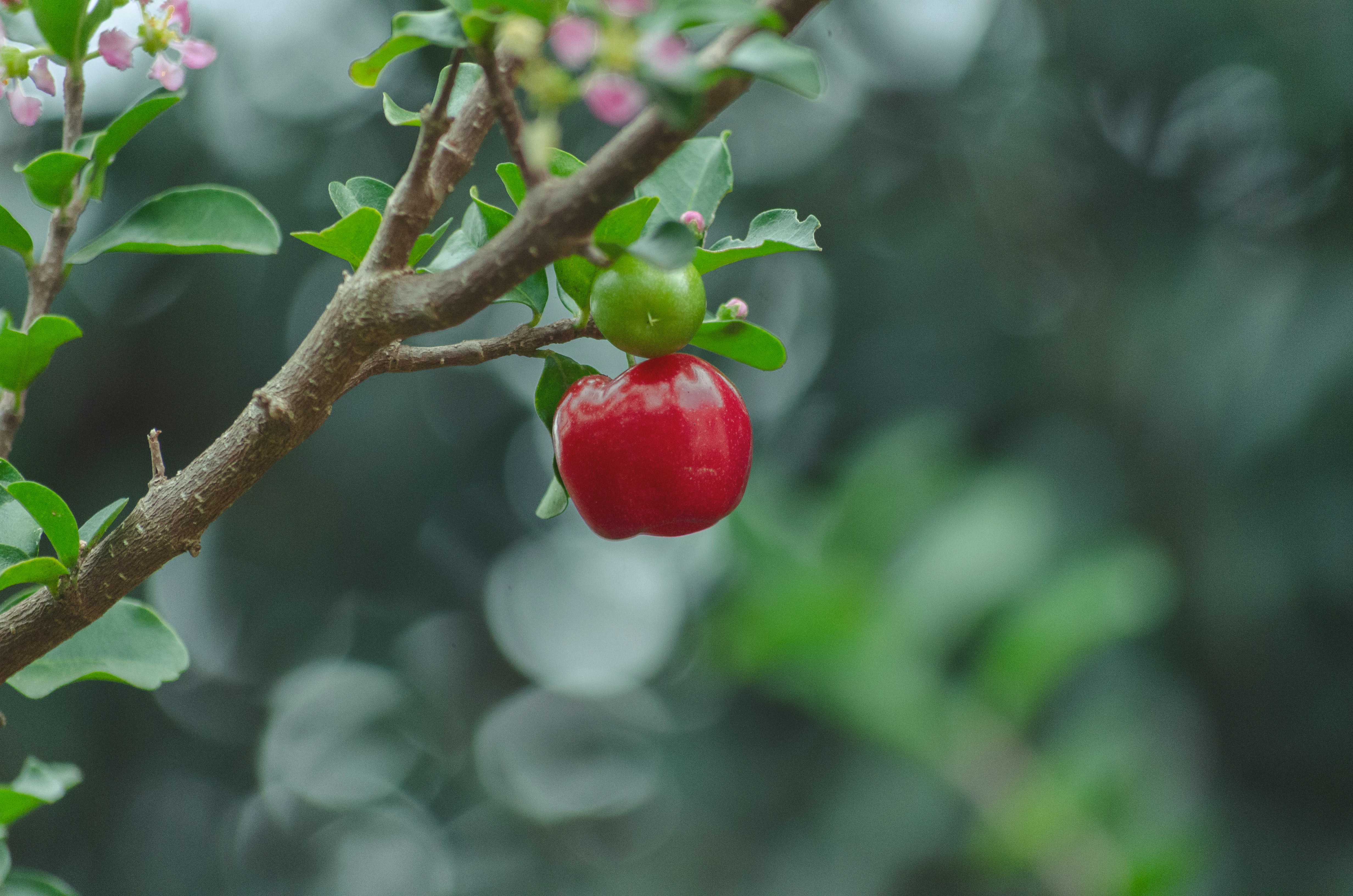
Where can you find acerola cherries?
Acerola is native to the Caribbean and primarily grows in warm, tropical parts of the world. (It’s also why it gets the nickname “the Barbados cherry.”) So unless you live in the Caribbean or in tropical climes, you probably won’t find any fresh acerola cherries at your local supermarket.
Because acerola cherries are highly perishable (the berries decompose within five days of harvest), you’re more likely to find it in powdered form.
Acerola cherry powder is one of the six ingredients in the Forever Beautiful mix. Before they’re naturally dried, the berries are handpicked on a small organic farm in Brazil where harvesting this superfruit is their main source of income. So while you’re putting good food into your body, you can feel good about supporting these farmers and their families!
Best 5 recipes with acerola cherries
1. Acai Bowl Recipe
2. Berry Muffins
3. Blueberry Pie Smoothie
4. Chocolate Berry Balls


